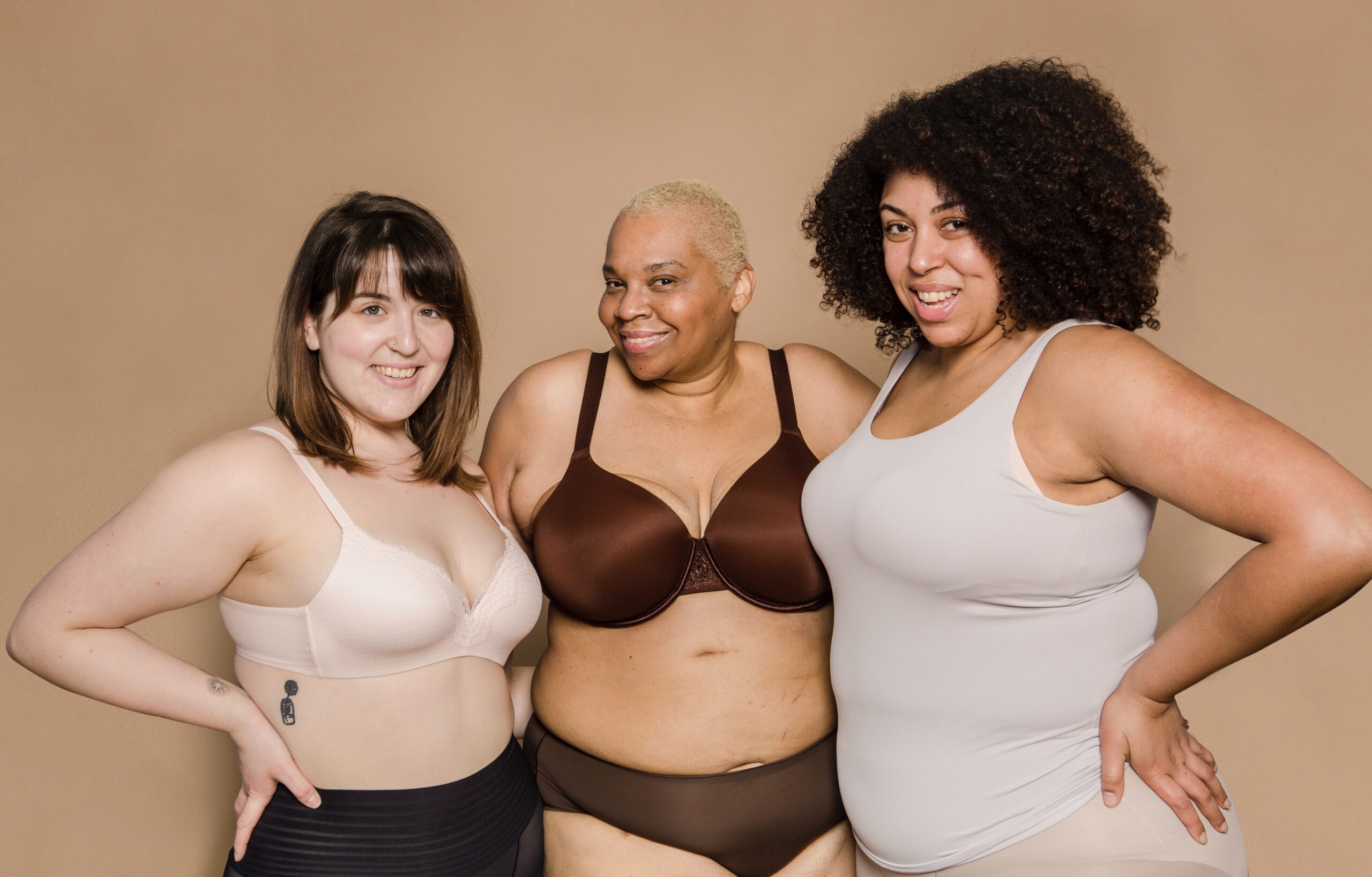
There is a growing culture of sex negativity online as it has become more difficult to talk about it without getting called out or banned. Although misleading info about sex are all over social media, non-explicit content such as discussions on sexual health are being banned outright. On TikTok for instance, sex educators are constantly being banned for talking about certain topics such as pelvic health and pain during sex.
It has gotten to a point where some content creators are taking measures to ensure that their videos stay by using words such as “seggs” instead of sex. In a world where sex negativity is spreading throughout real-life and online spaces, is there a way to encourage healthy sexual expression across all genders? And what can you do to be a more sex-positive adult? Here are various ways to practice sex positivity in your daily life.
Acknowledge and Value Your Sexuality
All the disinformation and negative discourse about sex are shedding a bad light on sexuality, and some people, especially young adults who spend most of their time online, have started to view sex as dirty or sinful. In their mind, sex brings more bad than good as they’re constantly inundated with never-ending info about painful sex or revenge sex. Moreover, some people– especially women and those who belong to the LGBTQ+ community– in certain countries are unable to express their thoughts about sex without fearing for their safety. Sex is a natural and important part of the human experience, and encouraging sex negativity to spread can be harmful on so many different levels.
Becoming more sex positive starts within oneself, and you can do so by acknowledging and valuing your own sexuality. Know what your body wants and needs, and make sure to communicate this with your partner. You can also explore your fantasies so you’ll know what you like and don’t like. Whether that’s wearing sexy or provocative clothing and accessories or role playing, it’s incredibly empowering to be able to express yourself freely in the bedroom. As long as you’re engaging in safe and consensual sex, there’s no reason to feel ashamed about whatever it is that you do with your partner.
Confront Your Own Negative Views About Sex
Perhaps you’re uncomfortable with the thought of older people having sex, or maybe you’re creeped out about a couple with a huge age gap being intimate even though they’re both legally adults. Or perhaps you silently judge women who can just walk into a shop that sells sex toys and buy whatever they want. If you notice that you have your own negative thoughts about another person’s sex life, ask yourself what is it about their behavior that is making you feel upset.
You may find that there are some insecurities, fears, or feelings of shame hiding behind your initial reactions to these sexual preferences or behaviors. Questioning your own beliefs allows you to break certain mindsets about sex, and it enables you to be more accepting about other’s consensual sex behavior.
Educate Yourself
Reading books about sex positivity is a great way to educate yourself and break certain stigmas formed around sex and sexuality. Learning about other’s experiences also opens your eyes to the truth about sex, which is everyone’s experiences and preferences are different, and there’s no wrong or right way to have it with a consenting adult.
For instance, if your friend is comfortable enough to tell you about their sexual activities and they let you know about a particular kink or preference that seems to be worrying for you, try to understand instead of kink-shaming them. All that matters is that they’re taking safety measures, such as having safe words and using protection, and most importantly, that they’re enjoying it.
Becoming a sex-positive adult can be a challenge in a world that criticizes you for your preferences and sexual behavior. Some want dates and platonic relationships without the commitment which is a need companionship-only male escort services fulfill. Try these tips to practice sex positivity, and learn to love and accept your own desires and needs, and respect other’s choices and behaviors.

















